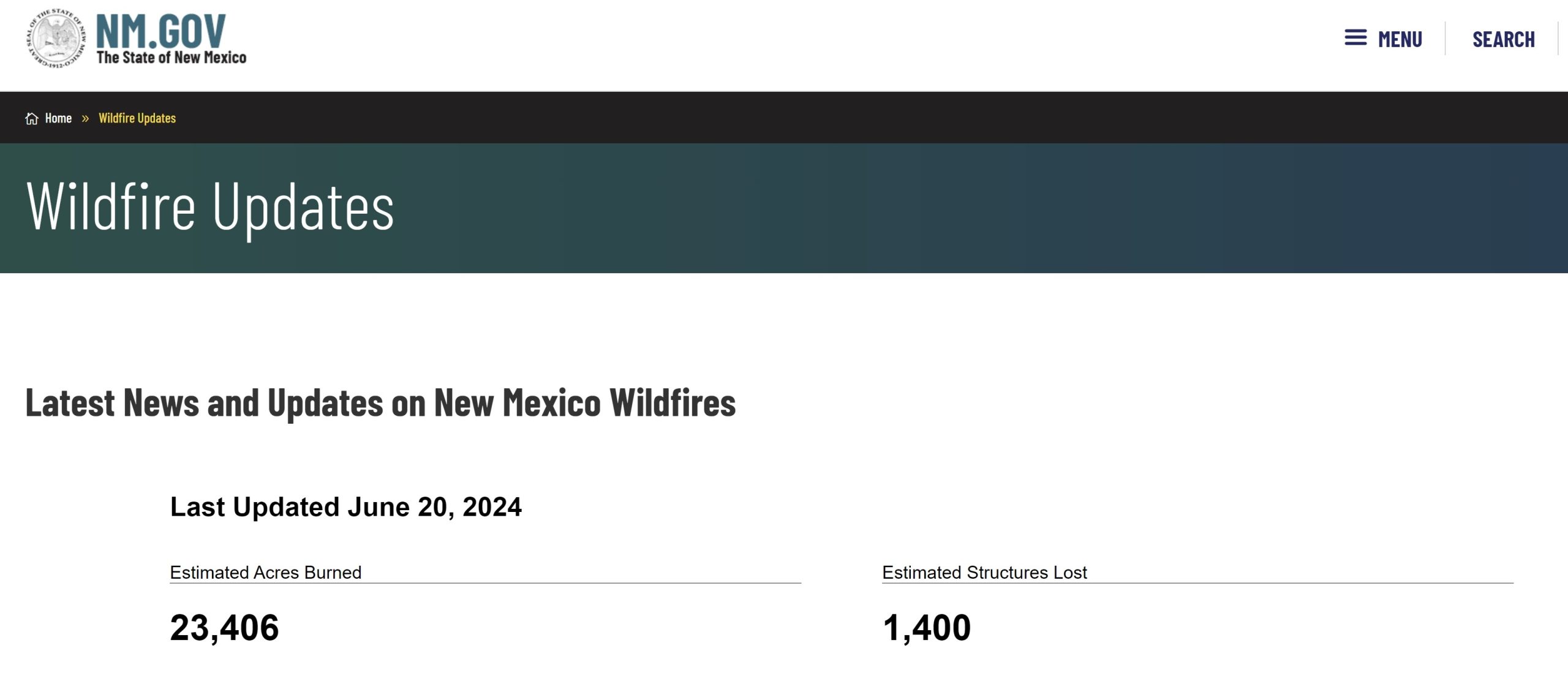Podcast: Play in new window | Download | Embed
Leaders of the U.S. Senate Committee on Indian Affairs announced Thursday legislation to establish a commission on federal Indian boarding school policies is heading to the Senate Floor for consideration.
U.S. Sens. Brian Schatz (D-HI), chair of the committee, and vice chair Lisa Murkowski (R-AK) announced the release of the Truth and Healing Commission on Indian Boarding School Policies Act from committee.
The legislation would establish a federal commission to investigate, document, and acknowledge past injustices of the federal government’s Indian boarding school policies.
The legislation was authored by U.S. Sen. Elizabeth Warren (D-MA) and co-led by Sen. Murkowski.
All three Senators are urging for the bill to pass quickly through the Senate.
President Joe Biden declared a major disaster declaration Thursday for the State of New Mexico to aid in recovery efforts in areas impacted by the South Fork and Salt Fires.
It orders federal support to help with tribal, state, and local efforts.
President Biden’s action also makes federal funds available to individuals in Lincoln County and the Mescalero Apache Tribe – grants for temporary housing and home repairs, low-cost loans to cover uninsured property losses, and other programs to help individuals and business owners recover from the disaster.
Federal funding is also available to tribal, state, and eligible local governments – and certain private nonprofits – on a cost-sharing basis for emergency work.
The Federal Emergency Management Agency will coordinate the federal recovery operations.
The fires were reported on the Mescalero Apache Reservation on Monday, and are now on national forest and private land.
The tribe’s operating evacuation sites on the reservation for both tribal and non-tribal families.
According to the Mescalero Apache Fire Rescue, as of Thursday night, the South Fork Fire is still not contained and its size is more than 16,000 acres.
The Salt Fire is more than 7,000 acres and is also not contained.
An estimated 1,400 structures have been lost and about 8,000 people evacuated.

Click here for the latest updates from the State of New Mexico’s Wildfire Dashboard.
The Black Hills National Forest is one of the latest federal lands to enter a co-stewardship agreement with tribes.
Kathleen Shannon has the details.
The Pactola / Ȟe Sapa Visitor Center sits on the south end of the Pactola Dam, along the 1.2 million acres making up the Black Hills.
A ceremony held this month honored a new memorandum of understanding for co-stewardship of the center, bringing together local tribal nations and the U.S. Forest Service (USFS) to jointly administer the site.
About 80 similar agreements were made after a 2021 federal order, according to the Interior Department.
Ada Montague, staff attorney for the Native American Rights Fund, said the agreements are opportunities to make good on federal treaty promises – ongoing legal obligations the U.S. government has toward tribal nations.
“There’s often a difficult history to reconcile with. That’s usually a big first challenge. But when there are engaged folks on both sides who want to see something go forward, then typically the difficulties are more technical.”
The technical challenges may be around the structure and terms of agreement, Montague pointed out, but there are increasingly more models for them, including a sovereign-to-sovereign cooperative agreements online resource launched by The University of Washington Law Library in March.
Tribes involved in the Black Hills agreement include the Cheyenne River, Standing Rock, Oglala, Rosebud, and Crow Creek Sioux Tribes.
Weston Jones, who is Oglala Lakota and a summer law clerk for the Native American Rights Fund, said co-stewardship of the visitor center allows tribes to teach the public.
“They can share stories, they can share plant knowledge, animal knowledge, watershed knowledge, and all the natural resource knowledge and pass that to their next generation,” Jones noted.
USFS said the center averages about 40,000 visitors a year.
Get National Native News delivered to your inbox daily and stay up-to-date on the 2024 Native Vote. Sign up for our daily newsletter today.





